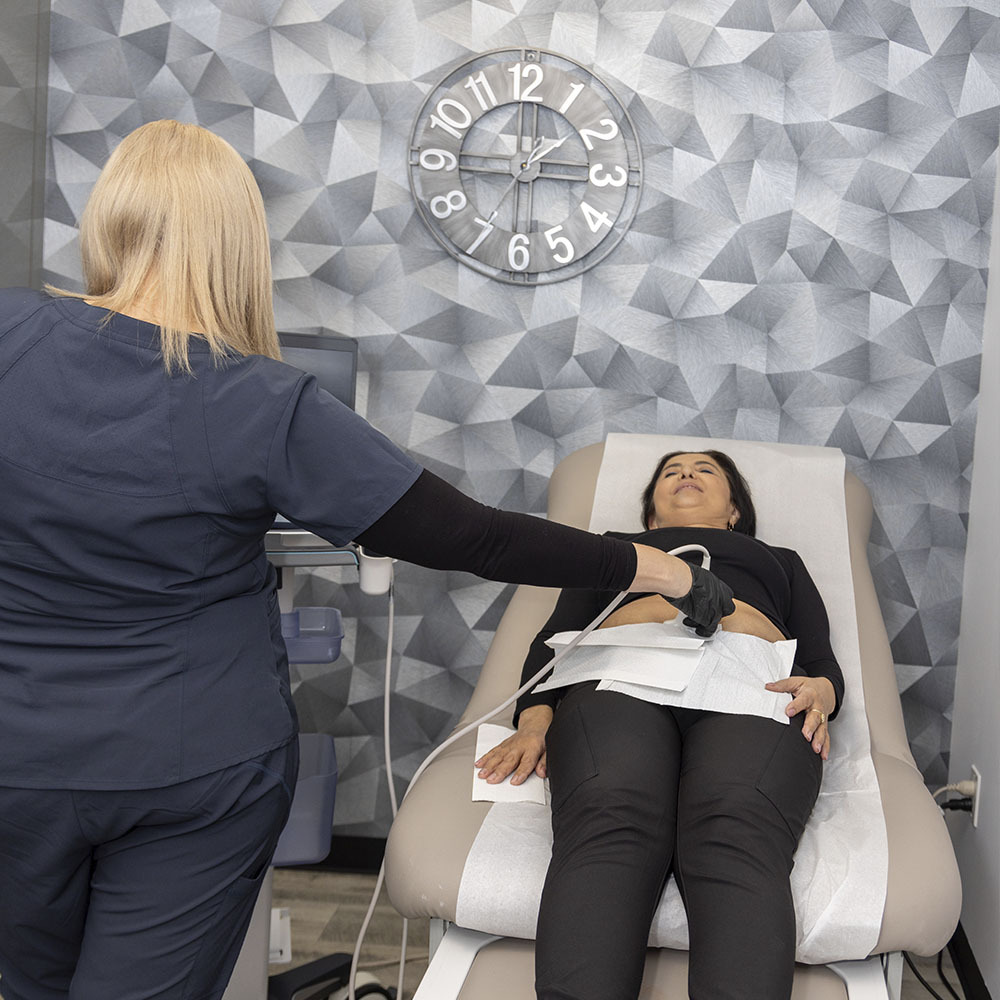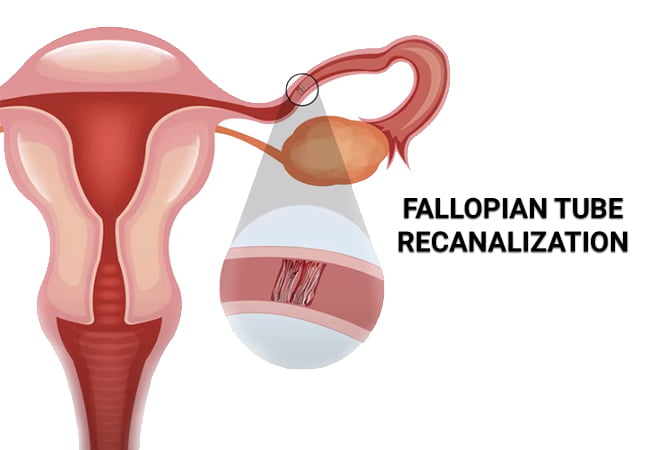
Rarely do you notice any symptoms of a fallopian tube block. It usually isn’t until you try to get pregnant and begin to search for answers that you realize that a tube unblock may be all that you need. Knowing that the procedure, called a fallopian tube recanalization, is readily available in Brooklyn and Bronx at Astra Vein Treatment Center can be a relief. An Interventional Radiologist, Dr. George Bolotin is an expert in medical imaging or vascular diagnoses and treatments, including fallopian tube blockage treatment. He’s the founder and primary physician at the Brooklyn and Bronx vein center. Call today for quick, painless service.
 When a fallopian tube becomes blocked, you may experience fertility problems. A fallopian tube recanalization (FTR) is a procedure that’s done to remove the blockage in a fallopian tube. This non-surgical procedure corrects the problem that’s causing infertility in some women.
When a fallopian tube becomes blocked, you may experience fertility problems. A fallopian tube recanalization (FTR) is a procedure that’s done to remove the blockage in a fallopian tube. This non-surgical procedure corrects the problem that’s causing infertility in some women.
When you’re looking for a specialist who’s capable of unblocking fallopian tubes, your best choice in Brooklyn and Bronx is Dr. George Bolotin of the Astra Vein Treatment Center.The vein center in Brooklyn and Bronx offers expertise in vascular abnormalities, including blocked tubes. Dr. Bolotin offers treatments for other conditions that may be painful and also lead to infertility, such as:
 The fallopian tubes are part of your reproductive system. These structures allow an egg to move to the uterus from the ovaries. If the fallopian tube is blocked, pregnancy can’t happen because sperm need to travel through the fallopian tubes to get to the egg. Some signs of a blocked tube include:
The fallopian tubes are part of your reproductive system. These structures allow an egg to move to the uterus from the ovaries. If the fallopian tube is blocked, pregnancy can’t happen because sperm need to travel through the fallopian tubes to get to the egg. Some signs of a blocked tube include:
If a fallopian tube is partially blocked, a fertilized egg may get trapped in the tube. This is known as an ectopic pregnancy. If the fertilized egg continues to grow in a fallopian tube, it can cause a life-threatening emergency.
Fallopian tubes may be blocked by debris or scar tissue from a prior medical problem. Examples of conditions that may cause fallopian tubes to become blocked include:
Sometimes, a fallopian tube dilates and fills with fluid. This condition is known as a hydrosalpinx. If you have this type of blockage, you may experience pain or vaginal discharge. Your fibroid and vein specialist in Brooklyn and Bronx leverages the highest quality technology in Interventional Radiology to accurately diagnose the reason for the block. It’s only with a definitive diagnosis that you can receive the most comprehensive successful treatment.
A tube unblock is an outpatient procedure. Dr. Bolotin prescribes an antibiotic to take, starting two days before the procedure through a few days after the procedure. You’re instructed not to eat anything after midnight the night before the procedure. Steps of the procedure include:
A recanalization usually takes around 30 minutes. You aren’t allowed to drive right away, so you need to make arrangements for a driver to take you home on the day of the procedure.
An FTR procedure doesn’t have many side effects. You face even fewer risks when you rely on an experienced vein specialist in Brooklyn and Bronx like Dr. Bolotin. You may experience some cramping and bleeding for a few days. There’s a small risk of a pelvic infection or an allergic reaction to the contrast dye. Call your doctor if you have any harsher symptoms, such as:
For some couples, fallopian tube blockage treatment may correct infertility, and they conceive within a month or two. For others, a blockage may happen again within six months. Men should consult an Interventional Radiologist for tests to see if the infertility may be due to varicose veins near the testicles, which can be corrected easily with a varicocele embolization, also performed at the Brooklyn and Bronx vein center.
You need a specially trained doctor to open blocked tubes through a recanalization. Having this procedure done by a skilled medical professional while having the rest of your reproductive tissues thoroughly examined increases your chance of becoming pregnant.
You can count on the Astra Vein Treatment Center in Brooklyn and Bronx to offer the expert care you need. If you have blocked fallopian tubes, pelvic pain, heavy bleeding or pain during sex, contact the center today to make an appointment.
Vein & Vascular Medical Care
4209 Ave U, Suite A.
Brooklyn, NY 11234
(347) 934-9068
Vein & Vascular Medical Care
869 E Tremont Ave
Bronx, NY 10460
(929) 447-4563
Vein & Vascular Medical Care
30-71 Steinway St
Astoria, NY 11103
(929) 486-2201